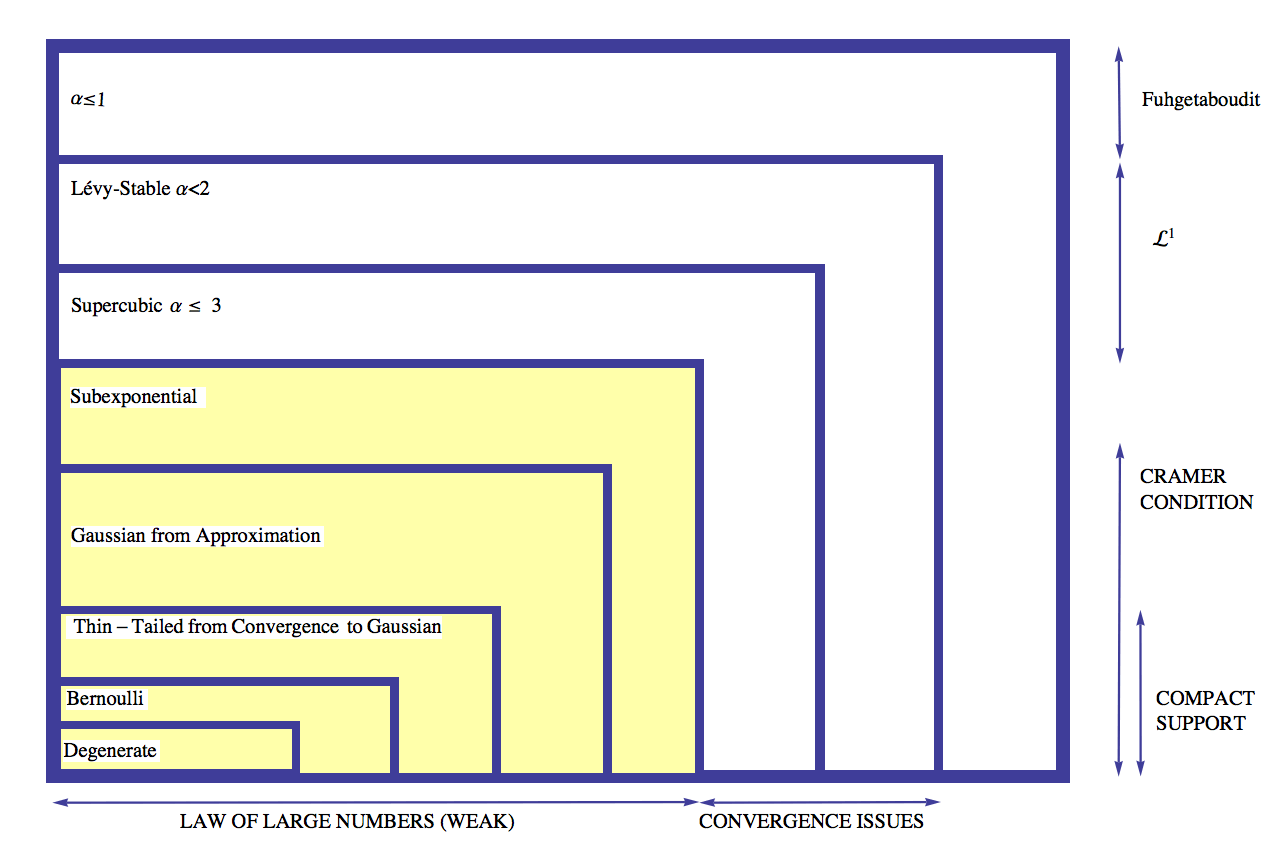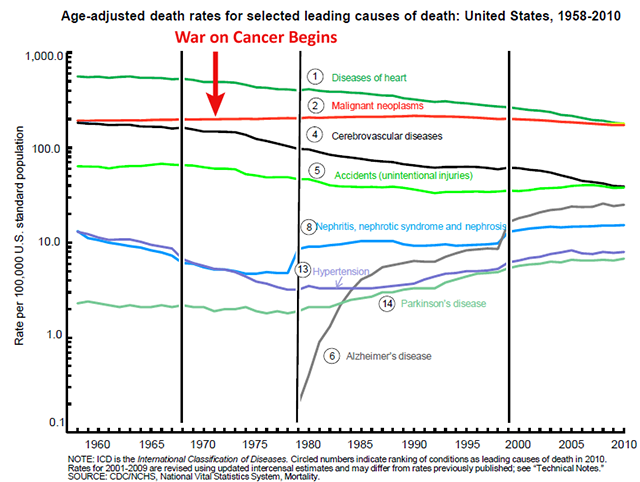From Nassim Nicholas Taleb Facebook Page:
Friends, I am presenting this document (summary of recent work) explaining what is wrong with economics models at a conference in France (which is not fully infected with the Anglo-American disease).
Please let me know if you find mistakes as I cut/pasted from *Fat Tails & Fragility*.
https:// dl. drop box user content. com/ u/ 50282823/ Problems%20 with%20 Economics.pdf
A Brief Exposition of Violations of Scientific Rigor In Current Economic Modeling
Nassim Nicholas Taleb
NYU-Poly Institute
July 2013
This is a brief summary of the problems discussed in philosophical terms in The Black Swan and Antifragile with a more mathematical exposition in Fat Tails and Antifragility (2013). Most of the text was excerpted from the latter book.
Note that this is not a critique of modern economic modeling from outside, but from within, using mathematics to put the methods claimed under scrutiny.
The message is simple: focus on measurable robustness to model error and convex heuristics, instead of relying on “scientific” measurements and models. For these measurements tend to cause blowups. And we can measure fragility, not quite statistical risks.
 Long article in The Independent
Long article in The Independent  Taleb, Nassim Nicholas and Tetlock, Philip E., On the Difference between Binary Prediction and True Exposure, with Implications for Forecasting Tournaments and Prediction Markets (June 25, 2013). Available at SSRN:
Taleb, Nassim Nicholas and Tetlock, Philip E., On the Difference between Binary Prediction and True Exposure, with Implications for Forecasting Tournaments and Prediction Markets (June 25, 2013). Available at SSRN: 

